El amanecer de una nueva era en España (1931)
Gênero : Documentário
Runtime : 23M
Sinopse
A chronicle of the demonstrations and public events held on the occasion of the proclamation of the Second Spanish Republic on April 14, 1931 (Sound newsreel shot by Fox Movietone News discovered in 2009.)
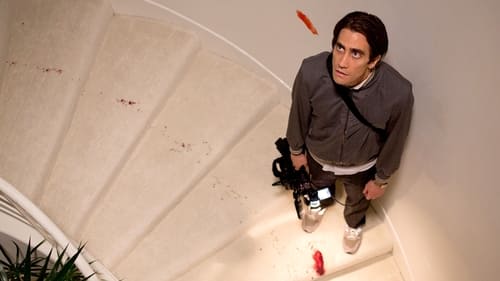
Enfrentando dificuldades para conseguir um emprego formal, o jovem Louis Bloom decide entrar no agitado submundo do jornalismo criminal independente de Los Angeles. A fórmula é correr atrás de crimes e acidentes chocantes, registrar tudo e vender a história para veículos interessados.
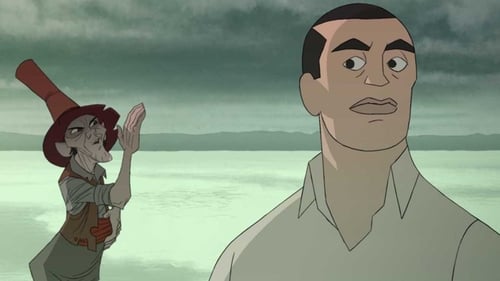
Paris, 1930. Luis Buñuel is penniless after the scandal surrounding the release of his last movie. Sculptor Ramón Acín, a good friend, buys a lottery ticket and promises Buñuel that he will pay for his next movie if he wins the prize.
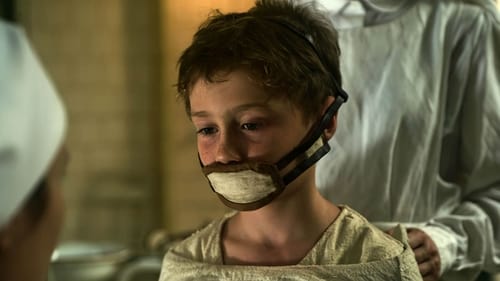
Enquanto procurava uma solução para sua grave condição de saúde, David, um renomado neurocirurgião, descobre um segredo sinistro escondido no passado.
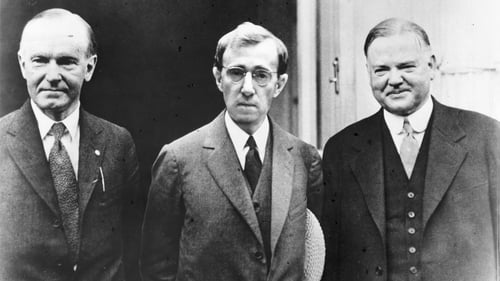
Um pseudo-documentário sobre a vida de Leonard Zelig (Woody Allen), o homem-camaleão, que tinha o dom de modificar a aparência para agradar as outras pessoas.
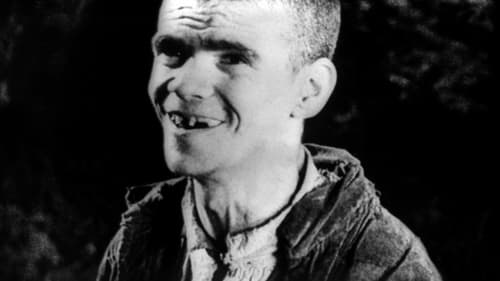
Documentário mostra de forma crua e extremamente realista a pobreza e miséria da região do norte da Espanha. Denúncia pungente de 1932, esse curta-metragem de Buñuel reflete suas preocupações sociais e forte personalidade.

A look at the different masculinities portrayed in Spanish cinema through time. (A sequel to “Barefoot in the Kitchen,” 2013.)

The Spanish Civil War (1936-1939) caused a great impression on the lives of most of the American artists of that era, so many movies were made in Hollywood about it. The final defeat of the Spanish Republic left an open wound in the hearts of those who sympathized with its cause. The eventful life of screenwriter Alvah Bessie (1904-1985), one of the Hollywood Ten, serves to analyze this sadness, the tragedy of Spain and its consequences.
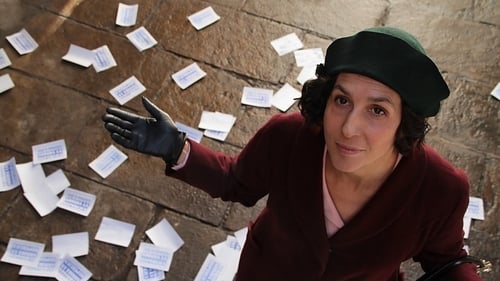
Spain, 1931. Under the Second Republic, women are eligible, but cannot vote. Victoria Kent and Clara Campoamor, the first women in the Spanish Parliament, intend to fight for women's rights, and Clara knows that the first step is to get the women's vote approved…

Enquanto estava em Xangai relatando a guerra sino-japonesa, Chris Hunter, um astuto repórter de notícias, encontra a piloto Alma Harding. Ela não confia nele, mas ele consegue contratá-la como sua assistente. Durante uma expedição aventureira através das selvas da América do Sul, sua opinião sobre ele começa a mudar.
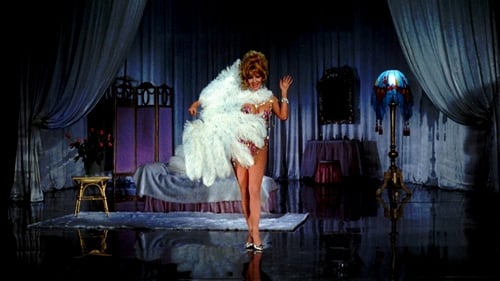
What was the role of women in Spanish cinema from the 1930s to the present explained through fragments of different films, both fiction and non-fiction. (Followed by “Manda huevos,” 2016.)

The airship Hindenburg, arriving from Europe, was being led to its mooring at Lakehurst, New Jersey when suddenly disaster struck. The hydrogen-filled zeppelin ignited, and was almost instantly transformed into an enormous fireball. In less than a minute, the entire ship had been consumed by flames. The Hindenburg explosion marked the end of the budding airship travel industry.

Featurette about the demise, during the early 1940s, of the once-popular Mr. Moto B-films series that starred Peter Lorre.

A retrospective look at the anarcho-syndicalist and anarcho-communist experience in Spain from 1930 until the end of the Civil War in 1939.

Mise Éire ("I am Ireland") is a 1912 Irish-language poem by the Irish poet and Republican revolutionary leader Patrick Pearse. In the poem, Pearse personifies Ireland as an old woman whose glory is past and who has been sold by her children. The poem inspired this 1959 film of the same name by George Morrison. Here, Morrison painstakingly assembled historical footage of the events surrounding the 1916 Rising from archives across Europe and deals with key figures and events in Irish Nationalism between the 1890s and the 1910s. The narration is by Liam Budhlaeir and Padraig O'Raghallaigh and the musical score is by Seán Ó Riada.

The life of Paco Martínez Soria (1902-1982), one of the most famous and beloved Spanish actors, both on stage and screen; a comedian, a theatrical producer, an idol for the masses. A celebration of the uncommon gift of making people laugh.

Newsreel footage from both sides of World War II make a case for convicting Nazi war criminals.
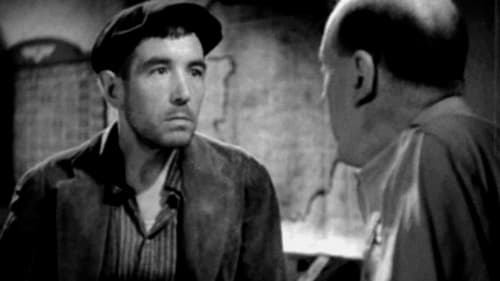
Spanish Civil War, 1937. A platoon of Republican soldiers plans to stop the advance of the rebel troops by bombing a bridge on the road to Zaragoza, near the city of Linás. With the close collaboration of the peasants of the area, the soldiers try to overcome the continuous bombardments and endure the harsh and tireless opposition of the powerful enemy…
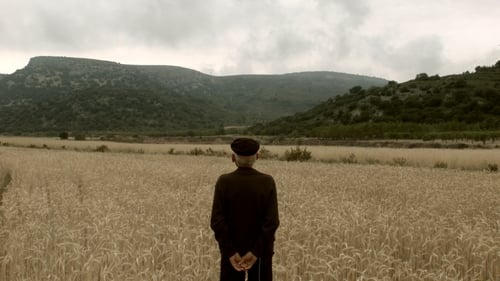
Spanish Civil War, May, 1938. Four villages in Castellón, Benassal, Albocàsser, Ares del Maestrat and Vilar de Canes, were bombed from the sky and ravaged. 38 people died. Inhabitants never knew for sure who piloted the planes responsible for such atrocity, although the rebel propaganda attributed the act to the republican side. Now, 80 years later, the truth is finally exposed.
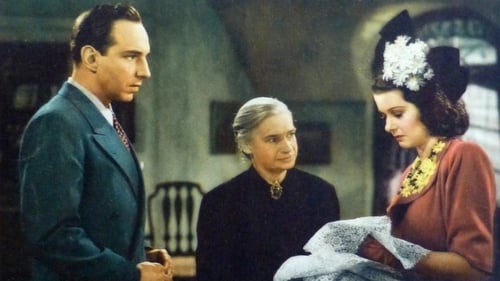
An American vacations in Europe with her husband and watches him turn into a Nazi.
















